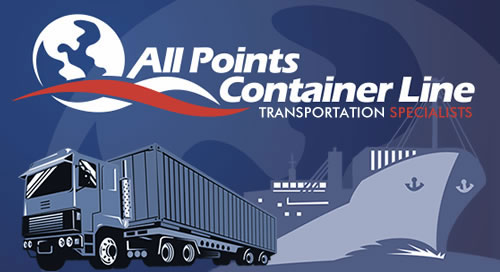The logistics community is calling on the government to review its Mode Shift Revenue Support (MSRS) plan. The goal of MSRS is to remove short-term financial barriers preventing companies from utilizing inland waterways or rail lines. Hopefully, it can be adapted to accommodate water and rail operators.
Who is Logistics UK?
As one of the UK’s leading business groups, Logistics UK represents the vital logistics companies key to UK trading. They represent more than 7 million employees involved in the making, selling, and moving of goods. After the pandemic and Brexit, new tech has brought an evolution in logistics. Logistics UK helps support, shape, and defend safe and efficient logistics. It’s the only business group representing the entirety of the industry. They have members from the road, rail, sea, and air industries.
Logistics Roundtable
After UK Logistics’ “Light Freight on the River Thames” roundtable, calls for reform rang out. The Public Policy Manager at Logistics UK, Alexandra Herdman said, “Research has shown that 95% of the funding from the MSRS scheme has been allocated to rail freight. While rail provides strong opportunities for modal shift and must be supported, it is important that the government allocates further funding to the scheme, and it is amended to deliver for both rail and inland waterways. Moving freight by inland waterways holds decarbonization benefits – a barge fully loaded with aggregates can replace the job of 17 HGVs – however, use of this mode has declined in recent years, despite the UK’s network of canals and rivers which links many of our major cities. As the report clearly demonstrates, action must be taken to prevent disadvantages in water freight, which also brings many social and economic benefits.”
The Mode Shift Revenue Support Scheme can potentially alter some of the ways goods are shipped. Work with a company like All Points Container Line to help you navigate these changes.

